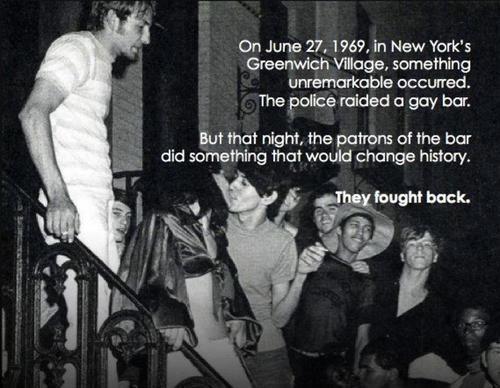Dear awesome people,
My name is Julia Danyltsova and I am from Ukraine.
Since March 2015 I have joined I <3 Being a Girl Community and will be happy to inspire and get inspired within the Working Group!
A bit about myself in this article. :-)
 Long-long time ago... (September 2012)... I have been doing my internship at Women Health and Family Planning Foundation. This is where I learned what SRHR is, where I have done my first steps in advocacy. I became a volunteer and member of youth group after finishing the internship. This experience totally changes the life. I have started volunteering on international level by joining YSAFE network. Just a year ago I became ASTRA-youth member and I’m constantly developing my skills in advocacy by taking actions on national, regional and international levels. Now I am YSAFE Steering Committee Member and I <3 Being a Girl working group member which are challenges for me.
Long-long time ago... (September 2012)... I have been doing my internship at Women Health and Family Planning Foundation. This is where I learned what SRHR is, where I have done my first steps in advocacy. I became a volunteer and member of youth group after finishing the internship. This experience totally changes the life. I have started volunteering on international level by joining YSAFE network. Just a year ago I became ASTRA-youth member and I’m constantly developing my skills in advocacy by taking actions on national, regional and international levels. Now I am YSAFE Steering Committee Member and I <3 Being a Girl working group member which are challenges for me.
The world would be a better place if everybody would:
- see: at least 5 countries different to their motherland
- listen: to their hearts
- read: a love-letter from a person they love
- try: to do things which make them happy and to avoid everything which disappoints them
Before I am 80, I’d like to know that this world is safe and happy place for my children, grandchildren and grand-grandchildren.
I enjoy:
- Travelling
- Getting acquainted with new people / countries / cultures
- Spending time with my friends
Let's get acquainted!





